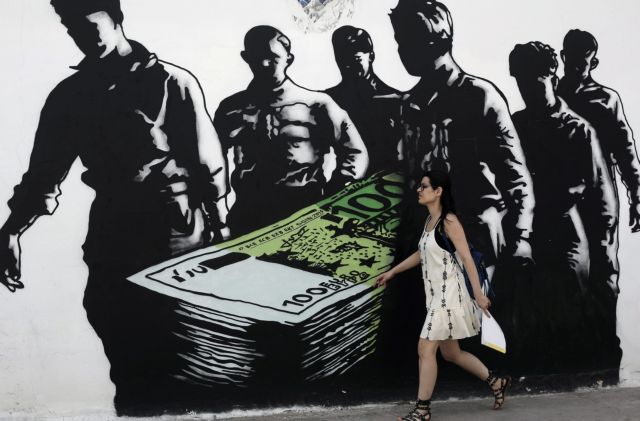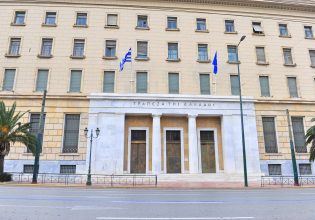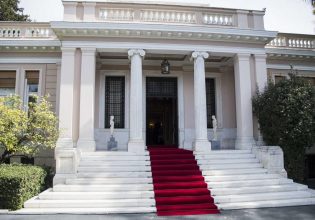
Myths and truths about collective bargaining contracts
Any increase of the minimum wage will be essentially symbolic in nature, rather than a true return of the minimum wage to decent levels
Spotlight
-

34 χρόνια από την εκτόξευση του διαστημικού τηλεσκοπίου Hubble
-

Η μεγαλύτερη απάτη στην ιστορία της μουσικής βιομηχανίας - Αυτή είναι η ιστορία των Milli Vanilli
-

Kαρχαρίας επιτέθηκε και δάγκωσε 16χρονο που τον ψάρεψε, όταν πήγε να τον βγάλει φωτογραφία
-

Ειδυλλιακό τοπίο - Η αφρικανική σκόνη «έντυσε» στα κόκκινα την Ακρόπολη
One of the main elements of the government’s counter-attack, in the face of harsh opposition criticism over the handling of the Mati fire and economic policy, is the revival of collective bargaining contracts.
After labour law regarding collective bargaining contracts was suspended for several years under the terms of the bailout memorandum, the government will attempt to restore collective bargaining contracts and pro-labour legal provisions.
A closer look, however, indicates that things may not be as they seem.
Minimum wage will remain low
Until the era of the bailout memorandums, the starting point for collective bargaining contracts was the minimum wage, which was the result of negotiations between employers’ and labour confederations, in the framework of the National General Collective Bargaining Contract. It constituted the lowest limit, and sectoral unions would then battle to increase the wages in their particular branch of the economy.
The memorandums changed the way the minimum wage was calculated. By decision of the competent minister, the minimum monthly wage was decreased to 586 euros for workers over the age of 25, and 510 euros for those over the age of 25.
The change was passed into law in 2012, and it would be in effect until the end of the bailout memorandums.
A subsequent law, passed in 2013, determines the manner in which the minimum wage will be calculated after the completion of the bailouts. That law says that the minimum wage will continue to be set by ministerial decision, and not collective bargaining.
The minimum wage is set based on productivity, competitiveness, and the overall state of the Greek economy. It also provides for a process of consultation with the social partners.
The incorporation of competitiveness and the general state of the economy in the equation is a factor that pushes the minimum wage downward. One need only consider how low wages are in countries such as Bulgaria.
The labour minister indeed has the authority to decide to increase the minimum wage. Whether the process of consultation with the social partners will be followed or whether a law will be tabled to make the decision more easily, either way it does not annul the fact that creditors continue to consider it crucial for the minimum wage to remain low, for reasons of competitiveness. Employers’ unions naturally agree with this reasoning.
That means that any increase of the minimum wage will be essentially symbolic in nature, rather than a true return of the minimum wage to decent levels.
Ακολουθήστε το in.gr στο Google News και μάθετε πρώτοι όλες τις ειδήσεις









































 Αριθμός Πιστοποίησης Μ.Η.Τ.232442
Αριθμός Πιστοποίησης Μ.Η.Τ.232442